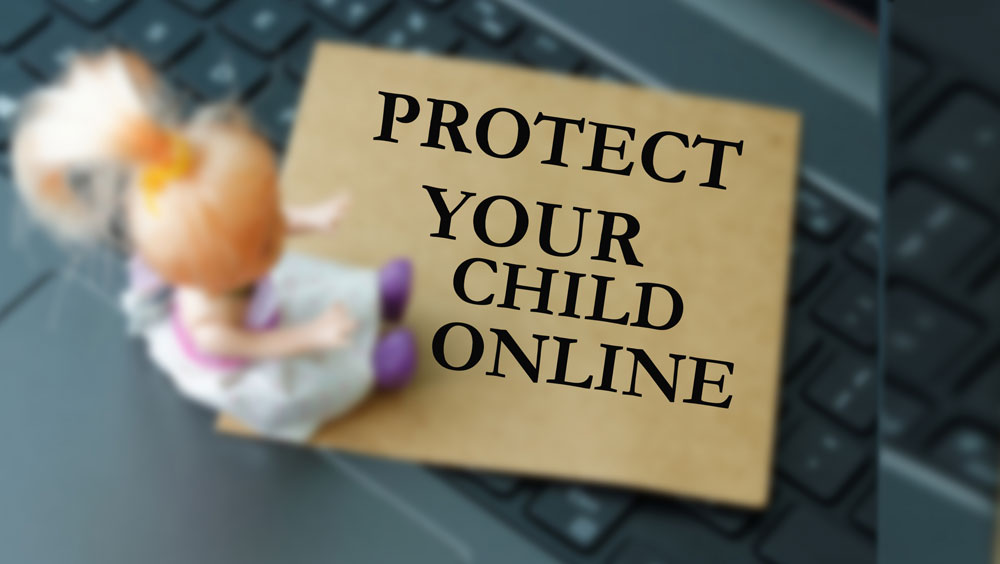
Muscat: Online criminals are targeting youngsters with voice changing technology that turns an adult’s voice into that of a child’s, according to Oman’s infotech agency director.
Get your essential daily briefing delivered direct to your email inbox with our e-newsletter
The cyber criminals are also exploiting online games with location access to pinpoint children on a map, according to Dr Badr Al Manthari, the Director of Oman’s Information technology Authority (ITA).
Parents in Oman need to watch what their children are doing online to prevent them from falling victim to online scammers, Al Manthari said, in an exclusive interview with TimesTV.
“These days, children have access to smartphones, they are on social media, and they play some games online so they are increasingly connected,” said Al Manthari.
“There are certain apps which can change your voice to make it sound like that of a child, and there are also certain games which trick your children into being kidnapped.
“We have a responsibility to monitor the content that goes online, because when it comes to digital extortion, there has been an increase in cases involving teenagers,” he added.
“A lot of times, people think ‘this device does not have personal information so it’s okay even if hackers target them,’ but honestly, this is like heaven for the hackers, because they can use these to get your email address, and through this, they can hack other people.”
The voice modification apps mentioned by the government agency boss are easily available to download online, and Al Manthari has urged parents to be more aware about cyber-security.
“No one is immune to cybercrime, especially if the technology you own is connected to the internet,” he explained.
“Don’t store sensitive data on your machines, whether it is credit card data, passwords or private photos. When you publish something, whether it is a picture or a video, ask yourself this question: ‘if this is leaked somehow, how will it affect me?’
“If this is going to harm you, then don’t put it up,” added Al Manthari. “Use this as a rule of thumb on your mobile phones, laptops and tablets, wherever you are putting it up, whether it is on social media or anywhere else online. Most cybercrimes take place due to human aspects.”
“We are also running an awareness campaign against scammers on many media platforms. Please report these incidences to the ROP. We are also working with TRA to raise the awareness level of people, because the best protection is to raise the level of awareness.
“These days, people can do these even remotely from outside, almost for free and there are many tools that enable them to do this, and hide their identity.”
Parents in Oman also spoke about how they regulate their children’s activities online.
“I always believed in having a frank and open conversation about what could be found online, because the children need to know that, especially because they spend so much time online these days,” said one resident.
“I did this because many parents would restrict the amount of time their children could spend online, but they would later access the internet through their relatives’ smartphones and go onto sites they weren’t supposed to visit.”
“The internet in our home is password protected,” said another father who lived in Muscat. “My children are allowed to access only certain websites, and we have parental controls to stop them from accessing unsafe sites. Many parents have told me not to restrict my children in such a way, but they are very young, and to allow them free online access is very dangerous.”
Jassim Al Balushi, deputy head of training and professional development at Caledonian College of Engineering, said scammers prey on the trusting nature of teens.
“Teenagers may not have a lot of money, but scammers target many young people, and that way, they get a lot of it,” he said. “Scammers will ask them for their bank accounts – which everyone has these days – and will promise to do some favours for them, but soon they will blackmail them and demand money.
“Adults are also vulnerable to this,” added Al Balushi. “One of my neighbours was asked to send money to someone in Nigeria. The email came from a genuine PayPal account, but the moment he paid the money, he never heard back from him and lost almost OMR490.”
Not everyone is aware of these situations, and this education has to start as a young age.”
Al Manthari added: “The best solution is to raise awareness among families, companies and across the nation. This is a role that must be played by everyone. The content has no borders, so people can access anything from everywhere.
“We’re heavy users of technology, so not knowing and reading about it is not an excuse.”